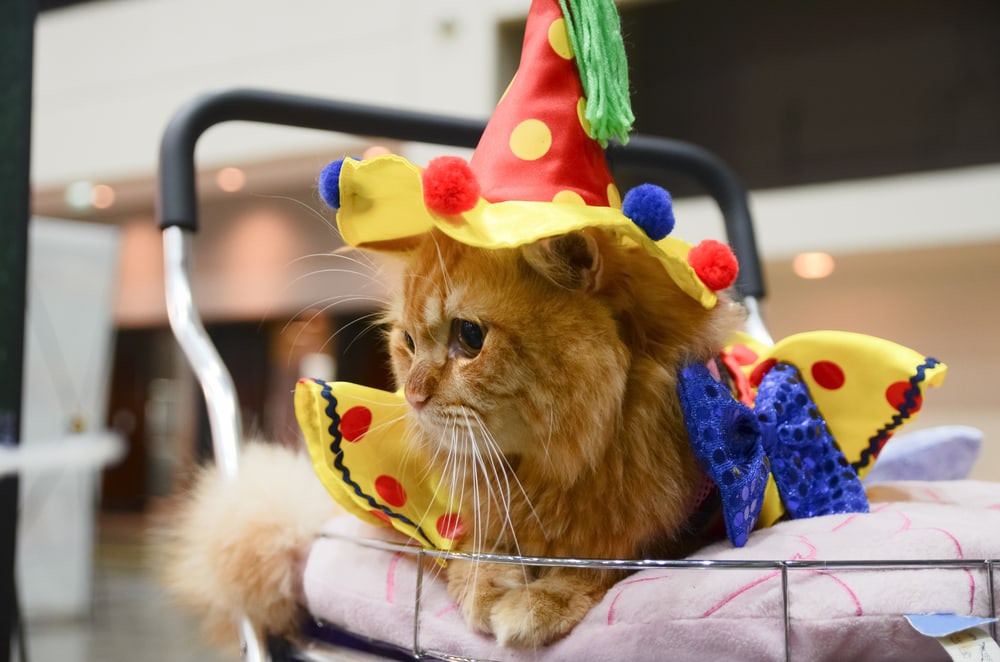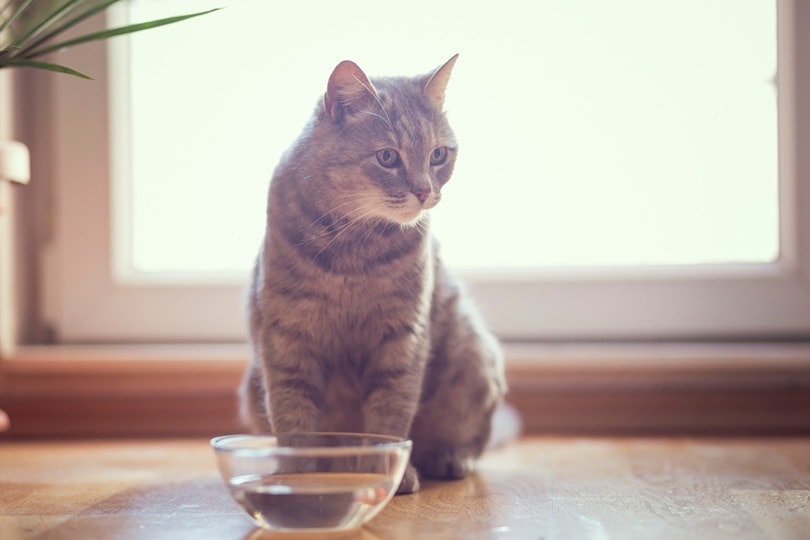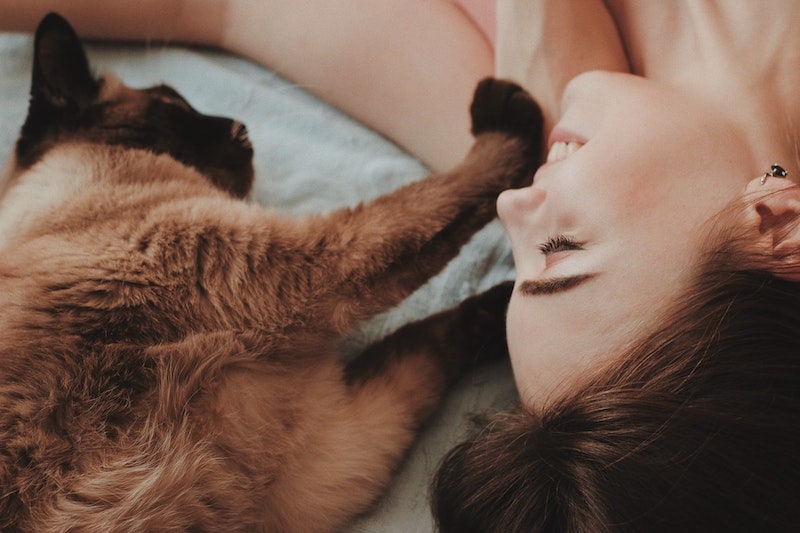Are British Shorthair Cats Cuddly? Breed Temperament & Characteristics

Updated on
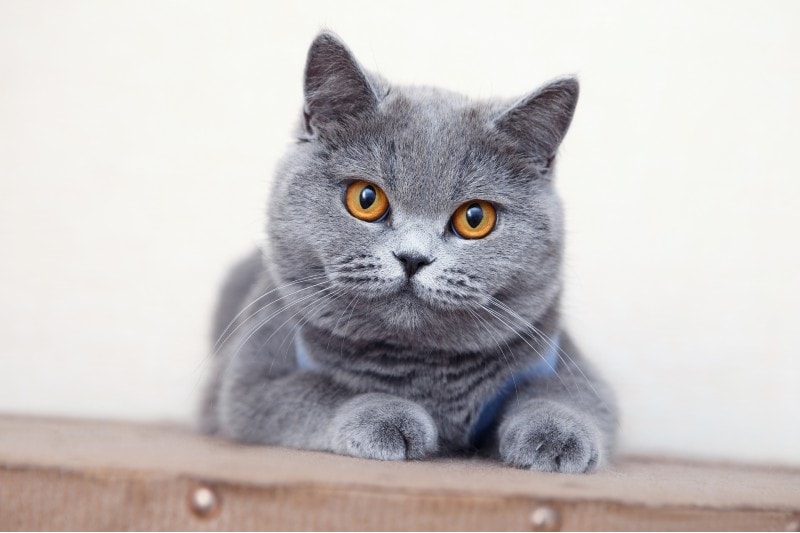
The British Shorthair is an ancient cat breed that’s been a favorite for pet owners for centuries. Aside from their good looks, these cats have a calm temperament and plenty of affection for their owners.
Despite enjoying their owners’ company, British Shorthairs aren’t big “lap cats.” They’re a little more reserved than some breeds, though some will tolerate light cuddling and petting.
The Temperament of a British Shorthair
Some cats are extremely clingy and affectionate, while others prefer minimal interaction with their owners. British Shorthairs typically fall somewhere in the middle—they’re not likely to sit and snuggle up with you, but they are loyal and show affection in a low-key way.
Depending on the individual, some British Shorthairs are fine with light cuddles or petting, but they don’t want to lie in your lap or be picked up and held. Their way of showing affection is to curl up next to you on the couch or follow you around the house.
The key with these cats is to avoid restraining them, which is the problem with a lot of cuddling or holding them. When your cat feels free to move away from you, it will feel more comfortable enjoying physical affection.
The good news is, if you do push your cat’s boundaries too far, British Shorthairs are generally forgiving. That said, if the behavior continues, your cat may no longer feel comfortable coming near you or curling up next to you for a nap.
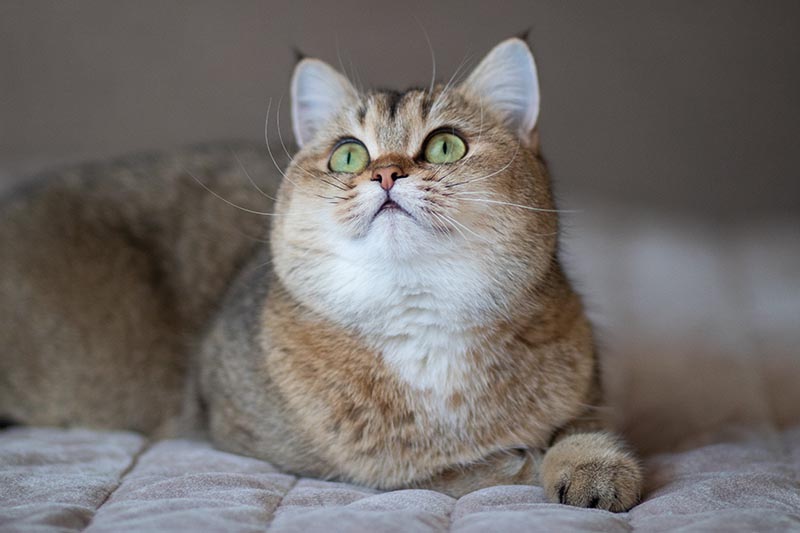
How Do British Shorthair Show Affection?
So, your British Shorthair probably doesn’t want to be the “little spoon.” But if you pay attention, you will notice other signs of your cat’s love and affection for you.
British Shorthairs, like other cats, enjoy exploring their environment. If your cat feels comfortable following you around, playing independently, or sleeping in its space in the corner, that’s not a sign of disinterest—it simply means your cat feels comfortable and safe.
Vocalization is also a big indicator, especially with British Shorthairs. They’re not as talkative as some breeds, but they are vocal. If your cat snuggles up to you and purrs, it’s a sign of a positive experience.
Grooming is often a sign of comfort between a cat and its owner. If your cat allows you to brush or comb it, that’s a strong bonding experience that shows affection. Your cat may even return the favor by licking you, which is how cats engage in mutual grooming.
There are plenty of playful signs of affection as well, such as kneading with its paws, pawing at you, or nibbling. Cats may also head-butt you or rub their cheeks on you, which are learned behaviors that go back to kittenhood.
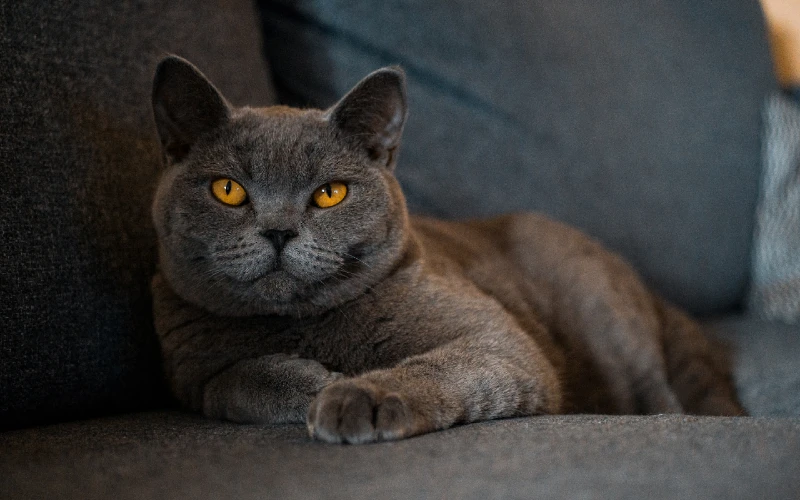
In Conclusion
British Shorthairs may not want to be held and cuddled, but that doesn’t mean they’re not affectionate. More reserved in their personality, British Shorthairs prefer to show affection in subtle ways, such as following you around or lying down next to you. It may be difficult to resist the urge to cuddle, but you can improve your bond just as much by talking to your cat and engaging in play.
Featured Image Credit: FotoMirta, Shutterstock


